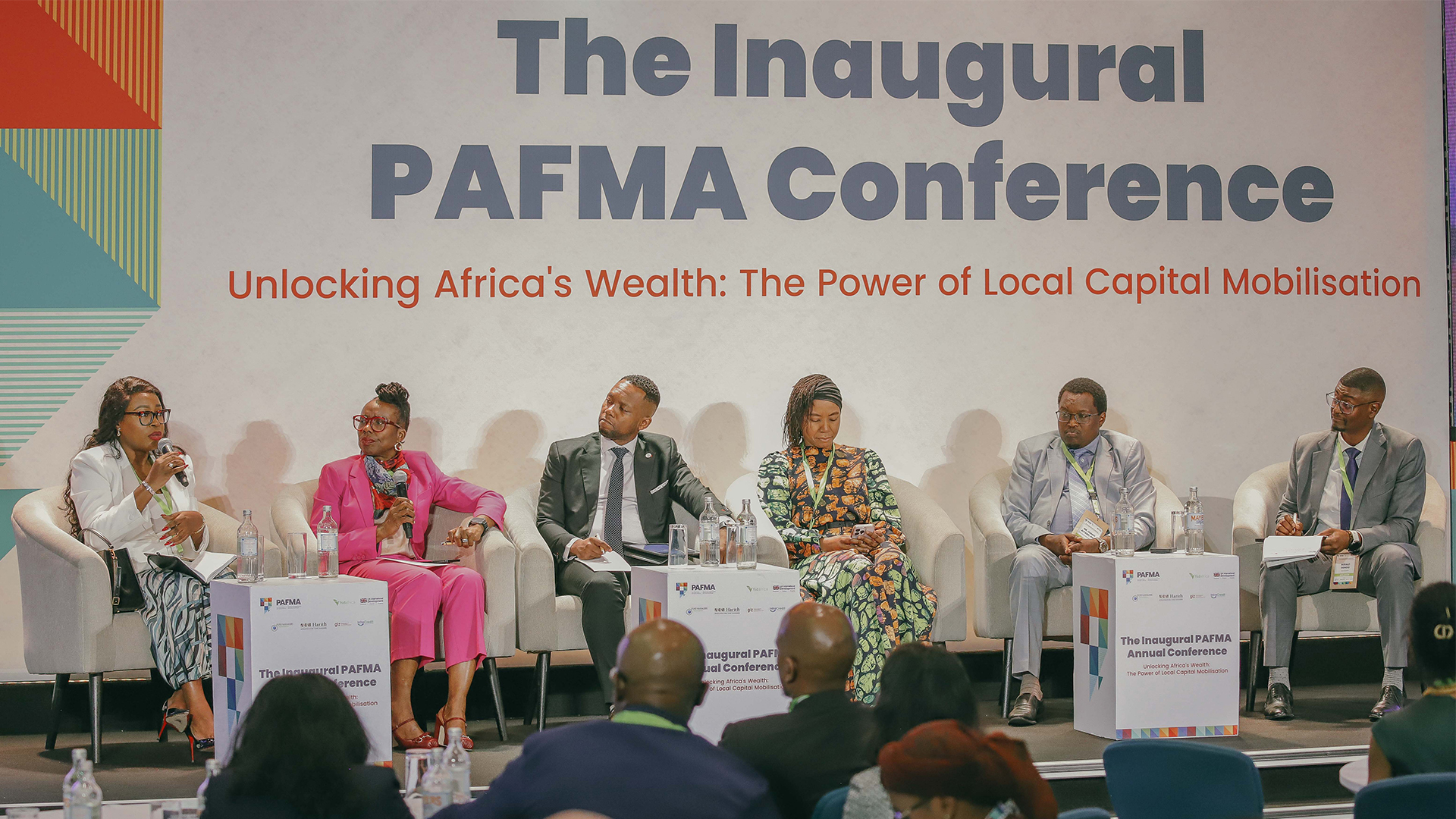Washington, USA, 23rd October: A new report on Africa’s climate finance landscape, conducted by Climate Policy Initiative (CPI) and commissioned by FSD Africa, reveals that climate finance flows to Africa grew by 48% to US$44 billion in 2021/2022, up from US$30 billion in 2019/2020. Private sector finance doubled to reach US$8 billion in the same period. Despite this significant growth, current climate finance flows fall far short of what is needed to meet Africa’s climate adaptation and mitigation targets, with potentially serious social and economic consequences.
The report, titled Landscape of Climate Finance in Africa 2024, was launched during a meeting at the Brookings Institution, on the sidelines of the Annual Meetings of the International Monetary Fund and the World Bank Group. It follows CPI and FSD Africa’s first-of-its-kind assessment of climate finance in Africa, released in 2022, which has become a crucial resource for policy, advocacy, and investment decisions across the continent.
The research reveals a significant climate finance gap that threatens Africa’s sustainable development trajectory, with only 23% of the estimated annual funding required to implement Africa’s Nationally Determined Contributions (NDCs) and meet 2030 climate goals being tracked. Key findings include:
- 90% of total climate finance came from international sources, with only 10% generated domestically.
- Public sector funding from African governments decreased from US$1.6 billion in 2019/2020 to US$1 billion in 2021/2022.
- Multilateral Development Finance Institutions (MDBs) provided 43% (US$19 billion) of the total, up from US$11 billion two years earlier.
- MDBs are the largest providers of climate finance in Africa.
- Private sector finance, while doubling from US$4 billion to US$8 billion, still accounted for only 18% of the total, a much lower share than in other global regions.
- Private sector capital mobilized by MDBs declined in Africa, despite increasing in Asia and the Americas.
- Clean energy finance accounted for US$14 billion, almost a third of the total climate finance, keeping pace with overall growth.
- However, this rate of growth is insufficient considering Africa’s need for US$200 billion annually to transition to clean energy, as estimated by the International Energy Agency.
- Multilateral Climate Funds (MCFs) contributed only 2% of the total climate finance in 2021/2022, though these funds are generally more concessional and targeted toward Least Developed Countries (LDCs).
The report also highlights regional disparities, with 10 countries accounting for 50% of Africa’s total climate finance flows. South Africa, Egypt, and Nigeria received more than half of the private flows. The top ten recipients in 2023 were: Egypt, South Africa, Nigeria, Morocco, Ethiopia, Tanzania, Kenya, Côte d’Ivoire, the Democratic Republic of Congo, and Mozambique.
Mark Napier, CEO of FSD Africa, stated:
“Climate change poses major risks of unprecedented economic disruption in Africa. To counter this, all actors must invest in a more sustainable future. Climate finance is critical for Africa’s ability to adapt to, mitigate, and develop through a changing climate. This report provides policymakers with a detailed view of the current climate finance landscape and a vision for future development.”
Recommendations for Africa’s Climate Finance Future
The report emphasizes the need to develop domestic capital markets to reduce dependence on international flows, which expose African countries to exchange rate risks. Africa has significant pools of domestic private capital—estimated at over US$2 trillion—in pension funds, insurance companies, and other institutional investment vehicles. Mobilizing this capital could provide African nations with more control over their economic development than relying solely on international finance.
Additionally, the report calls on the private sector and regional, national, and subnational development banks to view climate adaptation as a valuable commercial opportunity. It also highlights the potential of Africa’s green bond markets to mobilize capital for climate-resilient infrastructure projects.
Barbara Buchner, Global Managing Director of CPI, remarked:
“While it’s encouraging to see increased climate finance flows to Africa, the rate of growth is too slow. Public policy and investments must be more effective, and both domestic and international private capital must no longer remain on the sidelines. Otherwise, Africa’s economic opportunities will be overshadowed by significant economic losses and social consequences.”
Click here to download the full report.



